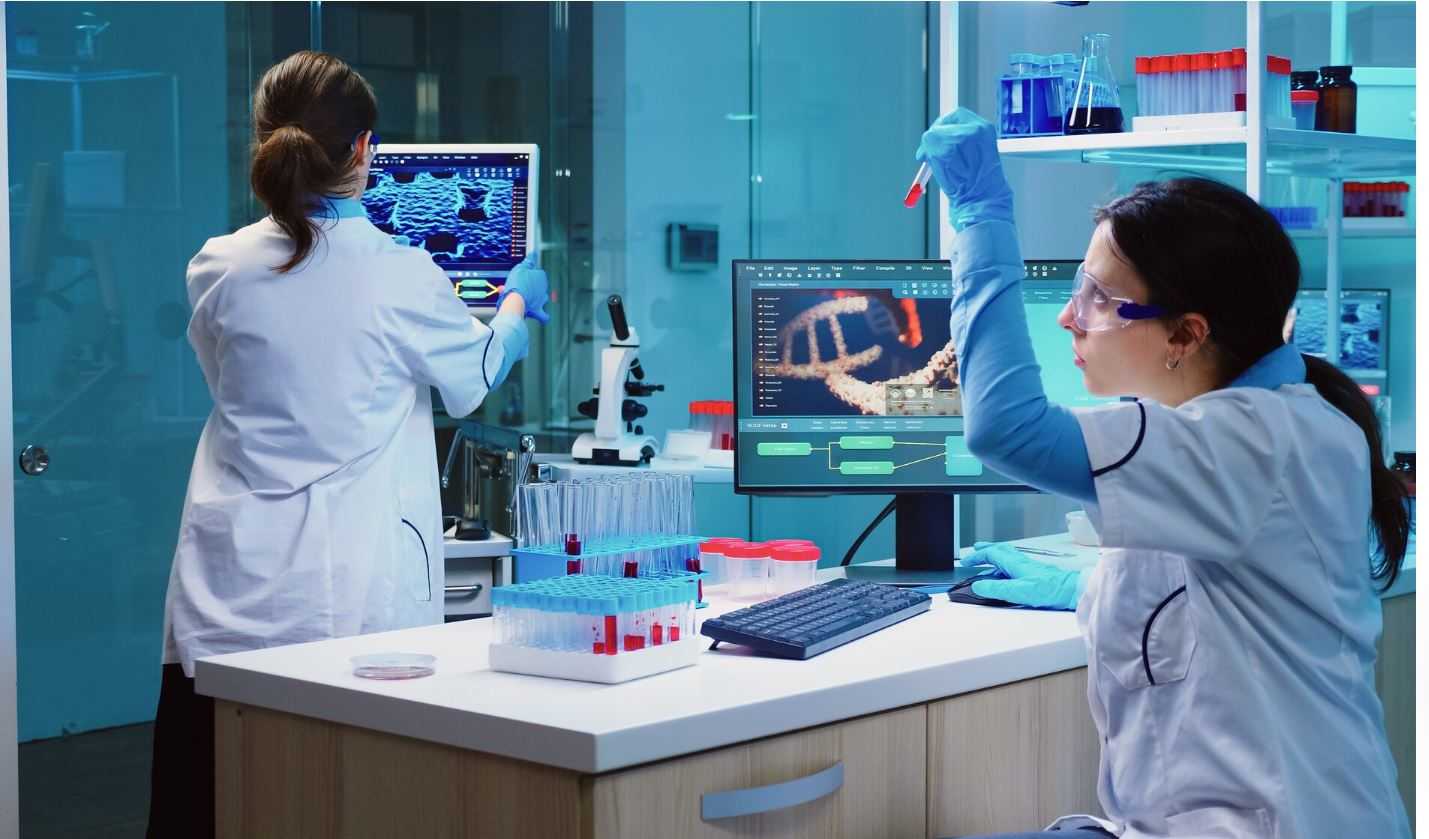The healthcare industry is currently experiencing a technological revolution, reshaping the way care is delivered and managed. From the integration of advanced software systems to the adoption of cutting-edge devices, these innovations are setting new standards in medical care. This article delves into the myriad of technologies revolutionizing healthcare, offering a glimpse into a future where medical practice is more efficient, accurate, and patient-centric.
Electronic Health Records (EHRs)
- EHRs have fundamentally changed how health information is recorded, stored, and accessed. By digitizing patient records, EHRs facilitate easier information sharing among healthcare providers, leading to more coordinated and efficient care. They also play a crucial role in reducing medical errors, enhancing patient safety, and streamlining administrative processes.
Telemedicine Platforms
- Telemedicine has emerged as a critical component of modern healthcare, particularly highlighted during the COVID-19 pandemic. It breaks down geographical barriers, providing patients with access to healthcare services from the comfort of their homes. This technology is especially vital for managing chronic diseases, mental health and providing care in rural or underserved areas.
Robot-Assisted Surgery
- In the operating room, robot-assisted surgery represents a significant advancement. These systems provide surgeons with enhanced precision, flexibility, and control. The minimally invasive nature of such surgeries means reduced patient recovery time, less pain, and lower risk of infection.
Genomics and Personalized Medicine
- The field of genomics is driving the shift towards personalized medicine. By understanding a patient’s genetic makeup, healthcare providers can tailor treatments and medications more effectively, increasing the likelihood of positive outcomes and minimizing the risk of adverse reactions.
Artificial Intelligence (AI) in Diagnostics
- AI is making waves in diagnostic medicine. By analyzing complex medical imaging with greater accuracy and in less time than traditional methods, AI aids in early disease detection and intervention. AI algorithms can identify patterns invisible to the human eye, offering new insights into patient diagnosis and prognosis.
Blockchain in Healthcare Data Security
- Blockchain technology is poised to revolutionize how medical data is stored and shared. By creating secure, immutable records, blockchain ensures data integrity and security, a critical aspect in the age of digital health information.
Laboratory Information Management Systems (LIMS)
- LIMS have transformed laboratory operations, bringing in an era of digital efficiency. These lab systems manage vast amounts of data, streamline laboratory workflows, and ensure compliance with regulatory standards. LIMS are essential for accurate diagnostics, research, and maintaining the integrity of laboratory data.
Wearable Health Monitoring Devices
- Wearable technologies have brought healthcare directly to the patient’s wrist. These devices monitor vital signs like heart rate, sleep patterns, and physical activity, providing valuable data for preventive medicine and chronic disease management.
- Healthcare wearables are designed to offer continuous health monitoring and enable early intervention by sharing real-time data with healthcare professionals.
3D Printing in Prosthetics and Organ Transplants
- 3D printing technology is revolutionizing prosthetics and the possibility of organ transplants. It allows for the creation of customized medical devices and prosthetics tailored to individual patient needs, and research is underway to 3D print viable human organs for transplantation.
Virtual Reality (VR) in Medical Training and Treatment
- VR technology is not just for gaming; it’s making a significant impact in medical training and patient treatment. VR simulations offer medical students and professionals a risk-free environment for practicing surgeries and procedures. For patients, VR has been used in pain management, physical therapy, and mental health treatment.
Hospital Barcode Scanners
- Barcode scanners in hospitals have become an essential tool for patient safety and operational efficiency. They ensure accurate patient identification, track medication administration, and manage inventory, significantly reducing errors and improving the quality of care.
Internet of Medical Things (IoMT)
- The IoMT is a network of connected devices that collect and exchange data in the healthcare environment. From smart inhalers to connected insulin pumps, IoMT devices are enhancing patient monitoring and care, leading to more timely interventions and better health outcomes.
Conclusion
The wave of technological innovations in healthcare is not just a promise of the future – it is the reality of today. These advancements, from EHRs and telemedicine to AI and IoMT, are redefining the healthcare landscape. They bring forth a new era where care is more accessible, personalized, efficient, and driven by data. As we continue to navigate this exciting phase of digital transformation, the healthcare sector stands at the cusp of a paradigm shift, one that places patient care at the forefront, backed by the power of technology. This revolution is not just about adopting new tools; it’s about reimagining healthcare for a better tomorrow.






